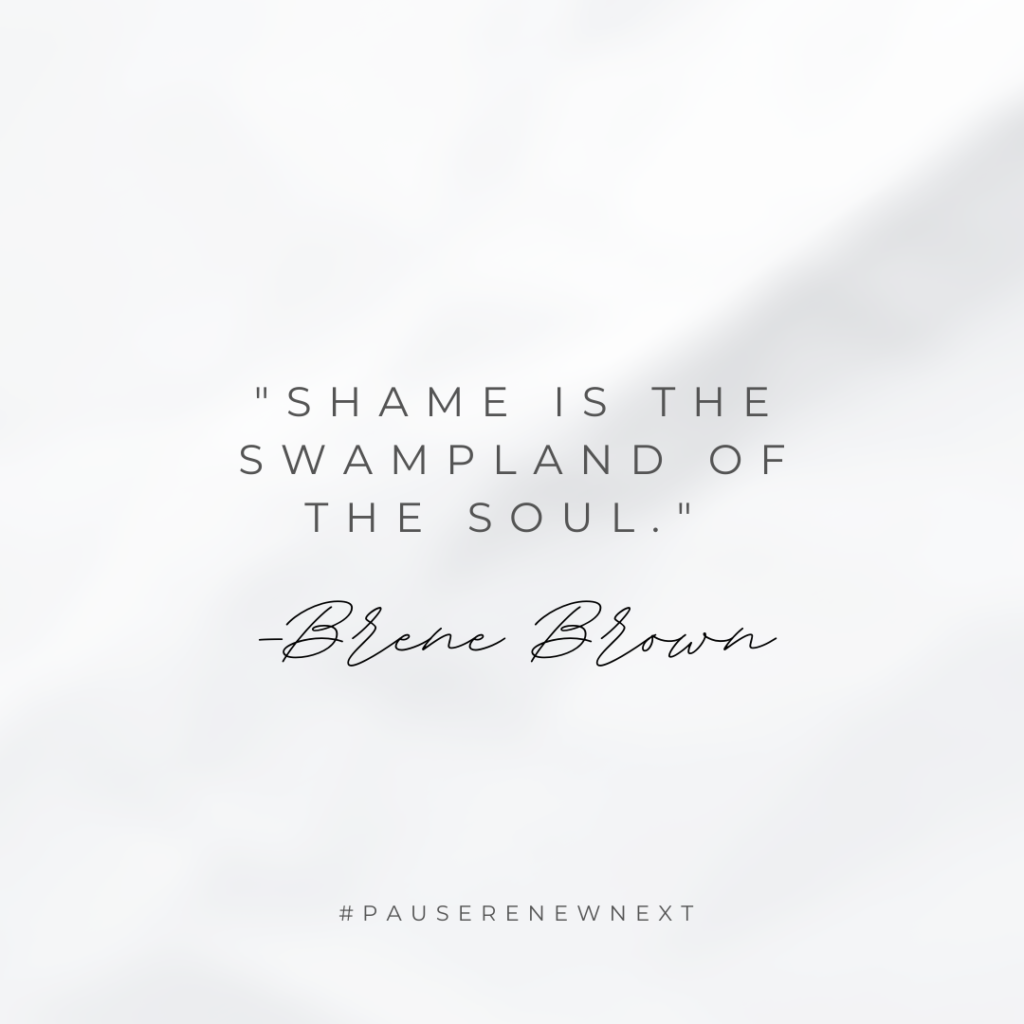When I was a senior in college, I made a risky and naïve class choice. With extra P.E. electives left to take before graduation, I decided to try my hand at something I’d never done before: choreography. I took an entire class called Choreography. Yes, I really did.
Now, to add a little context to this out-of-left-field class choice, I will note that I have always enjoyed music and performing. In high school I was in multiple school and church musicals. I was also on the Color Guard team of my high school marching band. I absolutely love moving to rhythm, and I instinctively knew I had real talent, though the talent was definitely raw and undeveloped.
It was so undeveloped, in fact, that I had literally never taken a formal dance class. So, again, enrolling in a class titled Choreography should have made me apprehensive. Instead, I optimistically took the class, hoping that I would gain the tools I had long seen in others and come out on the other side of the class knowing more about dance.
On the very first day of class it was apparent that all of the other class participants had spent their entire childhoods taking all forms of dance training: from hip hop to ballet. Then, there was me, with all of my “raw talent.”
To be fair, the teacher and my classmates were generous in their treatment of me. They were not unkind. Although I’m sure they were flummoxed about my inexperience and maybe even inwardly judgmental about my abilities, outwardly they were only kind. I survived most of the semester with my pride intact.
Then came the class project that would serve as our final grade: a fully-choreographed dance taught to and performed by the dancers of our choosing. I had to not only choreograph a song but also hold try outs, teach a routine, and have it performed in front of an audience. The very best dances would be showcased in a live performance later that year.
I would be lying if I said I didn’t almost lose my nerve. It was very anxiety-provoking, but throughout the process I remained quite idealistic and naïve. I continued to hope that my inner desire and hidden talent would prove that I was good as I just knew I could be.
Well, I wasn’t. Granted, given the whole scenario, the result could have been much, much worse. I was able to make a good grade in the class. I even managed to escape the class with minimal damage to my self-esteem. However, it was humiliating to discover that I was the only class participant whose choreography was not chosen to move on to the dance performance later that year.
My teacher’s feedback was gentle. She sincerely offered that the performance looked like it belonged on a church stage. She asserted that I needed to break out of my confinements and use the entire stage, dreaming bigger and using the space more effectively. It was true. It was kinder feedback than I perhaps deserved. Still, even now, when the song that I used to choreograph my dance plays on my car stereo, I feel shame. I remember how it felt to not be good enough: to not belong among those whose talent was greater.

Shame. Just the thought of it elicits an immediate, visceral response. Besides love, it is the one common emotion that all humanity has experienced, starting way back in the garden of Eden. Brene Brown has called shame “the swampland of the soul,” and I certainly can’t think of a more accurate description.
Shame is the embarrassment of being found out. It is humiliation. It is a dropped gaze and flushed cheeks. It is a heavy burden and an upset stomach. It is the remembrance of something thought long forgotten. It is the gnawing worry that eventually we’ll be found out for the frauds we really are. All of us, every member of the human race, knows the experience of shame, even before we have words to describe it.
Although my choreography experience was only one of countless experiences that have created shame in my lifetime, I think it serves to share how shame hardwires its way into our memories and narratives. I graduated college over a decade ago, yet even now I feel embarrassment and humiliation when those memories present themselves. Interestingly, when our brains retrieve shame-filled memories, we experience it like it is happening in real time. So even acts long forgiven can be re-experienced as shame in our minds and bodies as we remember.
How then can we change the narrative around our moments of shame?
We can retell the story and thereby change the narrative.
I can remember my choreography experience and tell myself that I never was a good dancer and never will be. Or, I can give myself grace and retell the story differently:
“That was a hard learning experience. It took bravery and courage to take a class I was unprepared for. No one in my life thought less of me for not making it big as a choreographer. I came out of the class wiser and more experienced.”
Retelling our stories in the presence of safe people also helps us reprocess our stories. Shame makes us reflexively drop our gaze, trying to avoid seeing disappointment in the eyes of others. Sadly, this dropped gaze also keeps us from receiving grace, understanding, and safety from those in our lives who will love us through moments of shame. It takes courage to expose our “swamplands” to others, but in safe places, with safe people, our narratives can change.

Pause, Renew, Next: What about you? How does shame affect your life and your inner narrative? How might you want to change the stories you’re telling yourself? Meditate on the above verse and ponder how the security of having a relationship with Christ can serve as a safe place to change your shame narrative.
If you’d like to read more about shame, I highly recommend the book, The Soul of Shame, by Curt Thompson, MD.
May we have the courage to lay down our shame and retell our stories with grace.
Pause, Renew, Next!
